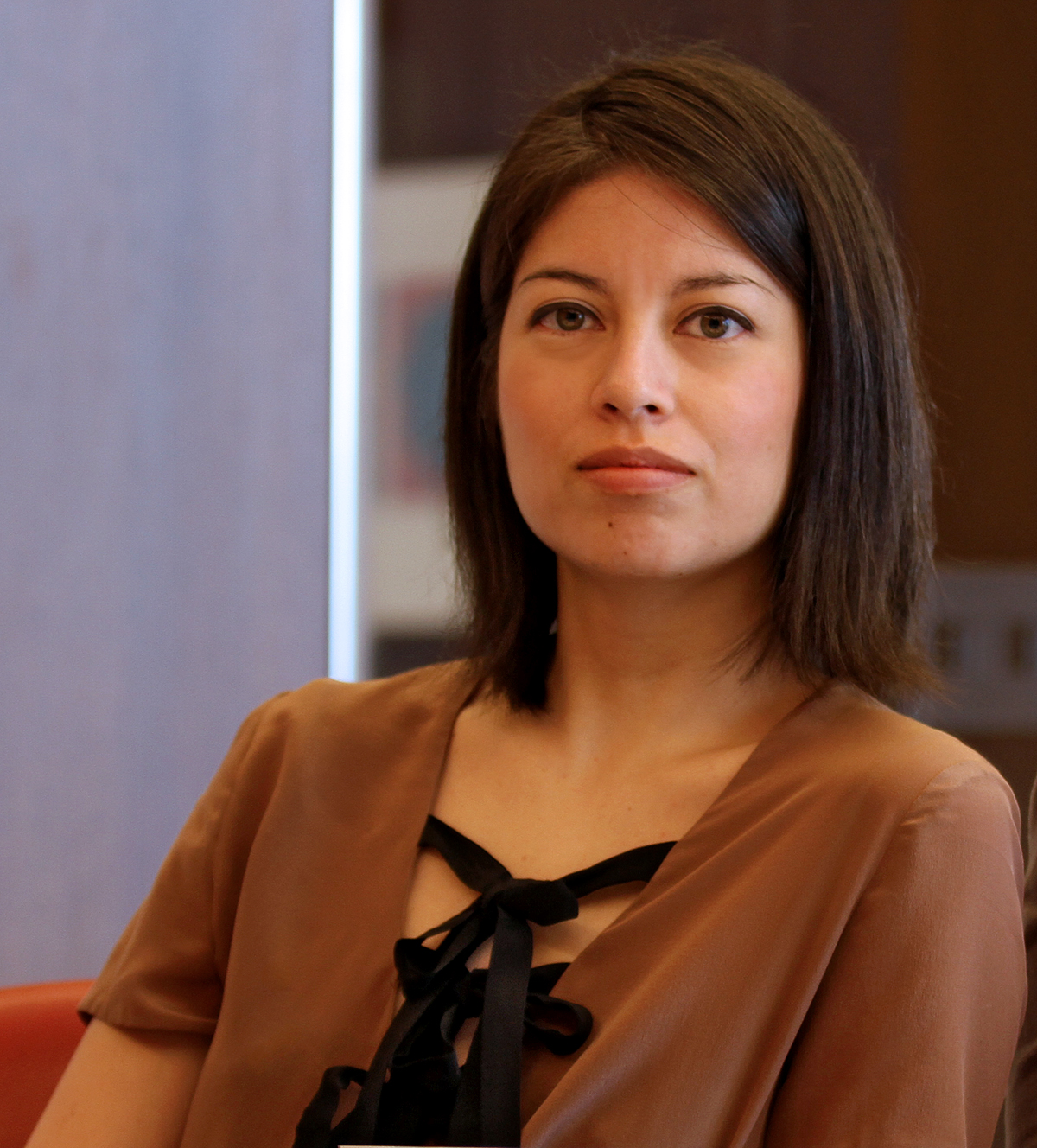
In my time growing a network of women social entrepreneurs in NYC and leading Pipeline Fellowship (an angel investing bootcamp for women), I have heard of women founders bringing male employees to investor meetings in order to be taken seriously. But it hadn’t ever occurred to me that men would purposefully hide the fact that their founding team included a woman—until Tinder’s sexual harassment lawsuit broke last week.
When men approach me after a talk/keynote/panel to express interest in pitching Pipeline Fellowship’s angel investors-in-training, I ask them, “Do you have a woman co-founder?” I’m usually met with baffled looks, even though in my remarks I’m very clear that one of the criteria to apply to present at a Pipeline Fellowship Pitch Summit is for the business to be woman-led. Several men have answered along the lines of, “Actually, no, but I have a [female friend/relative] who volunteers [doing something at the C-level that sounds like a full-time job].” I usually reply, “Great! It sounds like she’s adding value and is part of the team, so, once you formalize that relationship by making her a co-founder and giving her equity, I encourage you to apply.”
Then, I spoke at Rosario Dawson’s Voto Latino Power Summit in NYC.
As I was heading into the auditorium to listen to Arianna Huffington, Rosario Dawson, and Voto Latino’s CEO Maria Teresa Kumar, I noticed a man and a woman walking toward me. The guy said, “My name’s Deyvis Rodriguez and I just wanted to let you know that I heard you speak at the pre-SXSW Latin@s in Tech event held in Austin a few months back and you asked me if I had a woman co-founder.” Deyvis went on to share that prior to our interaction, he hadn’t really thought about having or not having a woman co-founder. A few weeks after the event, a friend recommended someone who might be a good fit for his startup. That someone turned out to be the woman next to Deyvis: “Meet Leo Bojos, my co-founder at Stellar Collective.”
I was psyched. The little remix of the White House Project’s Marie Wilson’s “You can’t be what you can’t see” with the opposite of “Don’t ask, don’t tell” had worked. In that simple question—”Do you have a woman co-founder?”—men must acknowledge the lack of gender diversity on their founding teams, often for the first time.
While Justin Mateen didn’t get the #likeagirl memo, I bet there are many more Deyvis-es in our midst. Gender diversity actually adds value to a company, according to an Emory University study, which found that ventures with women co-founders were more likely to generate revenue than those with only men on the founding team.
In 2013, according to the Center for Venture Research, 23% of women-owned ventures pitched to U.S. angels, 19% of which secured capital. And only 7% of minority-owned firms pitched to U.S. angels, 13% of which received funding.
There have been many initiatives to encourage more women entrepreneurs, including seasoned angel investor Joanne Wilson’s Women Entrepreneurs Festival, Shaherose Charania’s Women 2.0 PITCH, and Natalie Madeira Cofield’s Walker’s Legacy, which was inspired by Madam C. J. Walker, the first self-made U.S. millionaire woman, who also happened to be black (disclosure: I serve on the advisory board). I launched Pipeline Fellowship to change the face of angel investing and create capital for women social entrepreneurs. Even Barbie has signed up to be an entrepreneur.
What if, in addition to getting more women to consider entrepreneurship, venture capitalists joined me in asking men pitching to them, “Do you have a woman co-founder?” (VCs, by the way, are not off the hook. Entrepreneurs, I urge you to ask them if they have a woman partner, which isn’t the same as office manager.)
And as an LGBTQ Latina who knows that 93% of businesses pitching to U.S. angels in 2013 were led by white people, I ask different versions of the question, such as “Do you have a person of color co-founder?”
Wondering where to start? Here’s a helpful resource.
Oberti Noguera is Founder and CEO of Pipeline Fellowship, an angel investing bootcamp for women. She holds a BA in Comparative Literature & Economics from Yale and was named to Latina.com‘s “25 Latinas Who Shine in Tech” and Business Insider‘s 2013 list of “The 30 Most Important Women in Tech under 30.”
More Must-Reads from TIME
- Donald Trump Is TIME's 2024 Person of the Year
- Why We Chose Trump as Person of the Year
- Is Intermittent Fasting Good or Bad for You?
- The 100 Must-Read Books of 2024
- The 20 Best Christmas TV Episodes
- Column: If Optimism Feels Ridiculous Now, Try Hope
- The Future of Climate Action Is Trade Policy
- Merle Bombardieri Is Helping People Make the Baby Decision
Contact us at letters@time.com